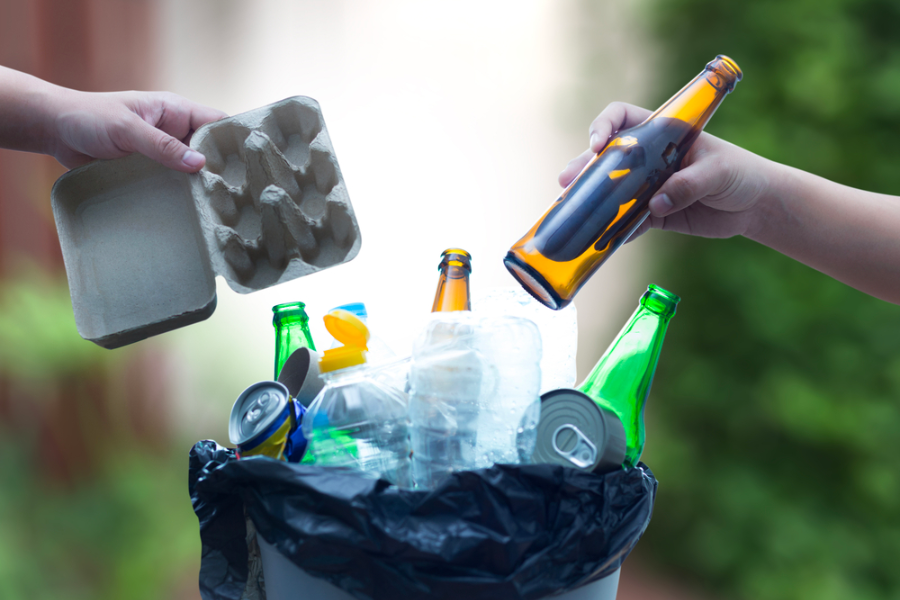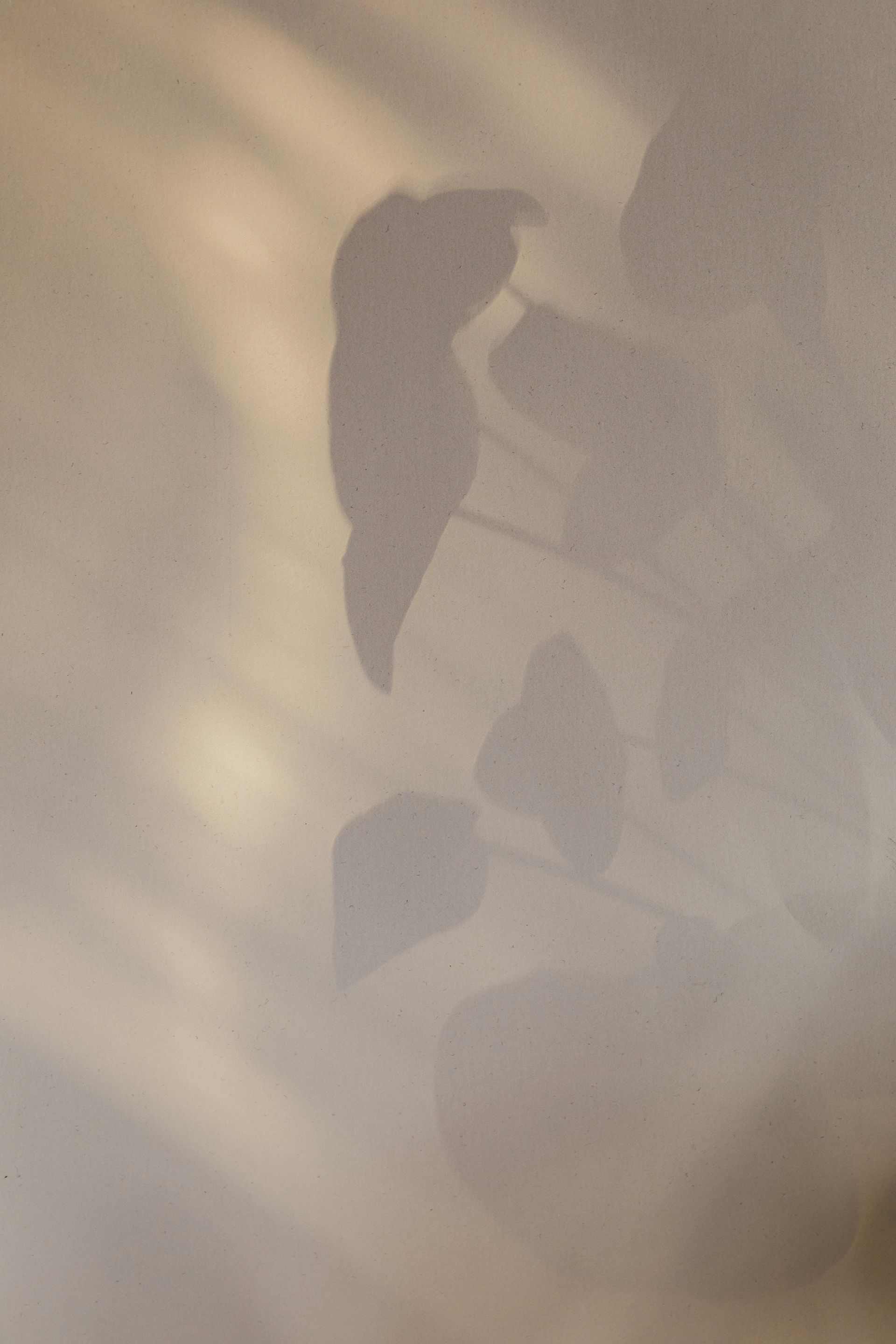Zoos, Aquariums, and Eco-Friendly Waste Management Programs
May 22, 2018
Today’s Guest Blog is by the Marketing Team of NERC Supporting Member Solus Group. It was originally posted on the Solus Blog on May 14, 2018.
Zoos and aquariums face tremendous opportunities (and expectations) for creating eco-friendly waste management programs. The public expects these institutions to offer comprehensive recycling and compost programs to demonstrate their commitment to the Earth. Thankfully, America's zoos and aquariums are up to the challenge. Let's take a look at some innovative institutions to see what they're doing and how they're doing it.
Columbus Zoo and Aquarium: Leaders in Composting
With Jack Hanna on the board of directors, you'd expect the Columbus Zoo and Aquarium to have a top-notch collection of animals. However, the Ohio zoo takes its commitment to the Earth a step farther. It has an innovative composting program that sends 864 tons of material to a local commercial composter. That's 1,728,000 pounds of food scraps, animal manure, and bedding!
Zoos have the unique opportunity to be such prolific composters due to the large amount of animal manure produced. For instance, at the Columbus Zoo and Aquarium, the animals produce about two tons per day. By partnering with a nearby facility, the zoo is able to solve a waste management problem while creating nutrient-rich soil and local jobs in the process.
By collecting food scraps in their kitchens, the zoo adds even more useful organic material to their haul of compost. Zoo maintenance workers can also divert soiled animal bedding from the landfill and send it to the composting facility. Maintenance managers should just remember to provide assistive lifting devices when asking workers to handle awkward, heavy loads.
Philadelphia Zoo: 2017 Green Award Winners
The Philadelphia Zoo has been around for more than 150 years, but it’s still coming up with innovative solutions to worldwide problems. Its current focus is on sustainability, and it’s created an ambitious set of goals to continually drive down energy expenditures and water use.
Two of the zoo's major sustainability goals involve water conservation, and it’s created innovative approaches to achieve them. For instance, to reduce water consumption, it’s installed waterless urinals, and it collects rainwater to flush toilets. These are great examples of changes that save water without negatively impacting the zoo experience.
Over a five-year period from 2009 to 2014, the zoo decreased water use by 64 percent. It’s also removed large swaths of pavement and replaced it with rain gardens and infiltration basins to capture rainwater. This reduces local flooding and gives the zoo extra water to use for landscaping and other applications that use non-potable water. In 2017, the Association of Zoos and Aquariums honored the Philadelphia Zoo's sustainability program with their prestigious Green Award.
Recycling at Zoos and Aquariums
Recycling programs in zoos have never been more robust. Almost all zoos collect plastic, glass, and aluminum, but it's also becoming commonplace for them to accept cell phones and more obscure items. The Topeka Zoo even accepts old holiday lights, which are dismantled and recycled for parts.
This focus on recycling is about more than just keeping junk out of landfills; it also reduces the need for mining and deforestation. More specifically, cell phones require a mineral called coltan that comes from Congo. By harvesting and reusing coltan from old cell phones, there is less need to mine it from the habitat of the lowland gorilla, which helps conserve the species.
As stewards of wild animals, zoos are creating a multitude of programs to help the earth. Whether it's through the alchemy of composting, simple solutions to reduce water use, or reusing parts from old items, zoos are meeting and overcoming their unique waste management challenges.
Solus Group offers a wide variety of quality material handling products with solutions focusing on warehouse storage, shelving, battery handling, industrial safety, dock accessories, drum handling, packaging, industrial and office furniture, and janitorial maintenance. The company provides product solutions that promote facility safety, efficiency, and productivity. The Solus Group is a NERC Advisory Member. The article is reposted by permission.
NERC welcomes Guest Blog submissions. To inquire about submitting articles contact Athena Lee Bradley, Projects Manager at athena(at)nerc.org. Disclaimer: Guest blogs represent the opinion of the writers and may not reflect the policy or position of the Northeast Recycling Council, Inc.
Article References:
- "About the Zoo." Philadelphia Zoo, 2018. Web. 2 Apr. 2018.
- "The Green Award." AZA. Association of Zoos and Aquariums, n.d. Web. 2 Apr. 2018.
- "Holiday Lights Recycling." TopekaZoo. Topeka Zoo, n.d. Web. 2 Apr. 2018.
- Lovgren, Stefan. "Can Cell-Phone Recycling Help African Gorillas?" NationalGeographic. National Geographic Society, 20 Jan. 2006. Web. 2 Apr. 2018.
- "Philadelphia Zoo Sustainability Report Fiscal Year 2014. PhiladelphiaZoo. Philadelphia Zoo, 2015. Web. 2 Apr. 2018.
- "Poo at the Zoo - Composting." ColumbusZoo. Columbus Zoo, n.d. Web. 2 Apr. 2018.
- "Sustainability at the Zoo." PhiladelphiaZoo. Philadelphia Zoo, 2016. Web. 2 Apr. 2018.
Share Post





